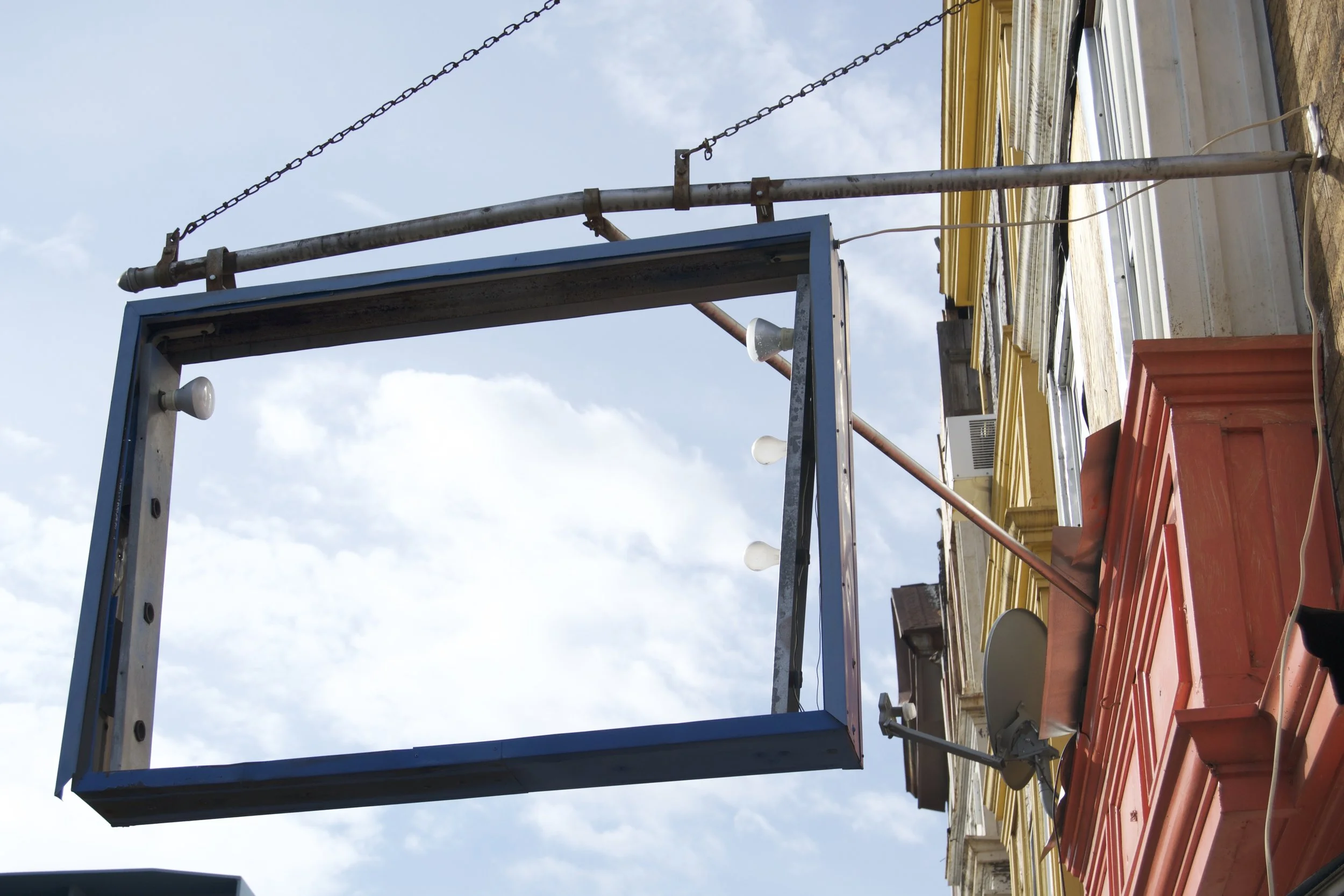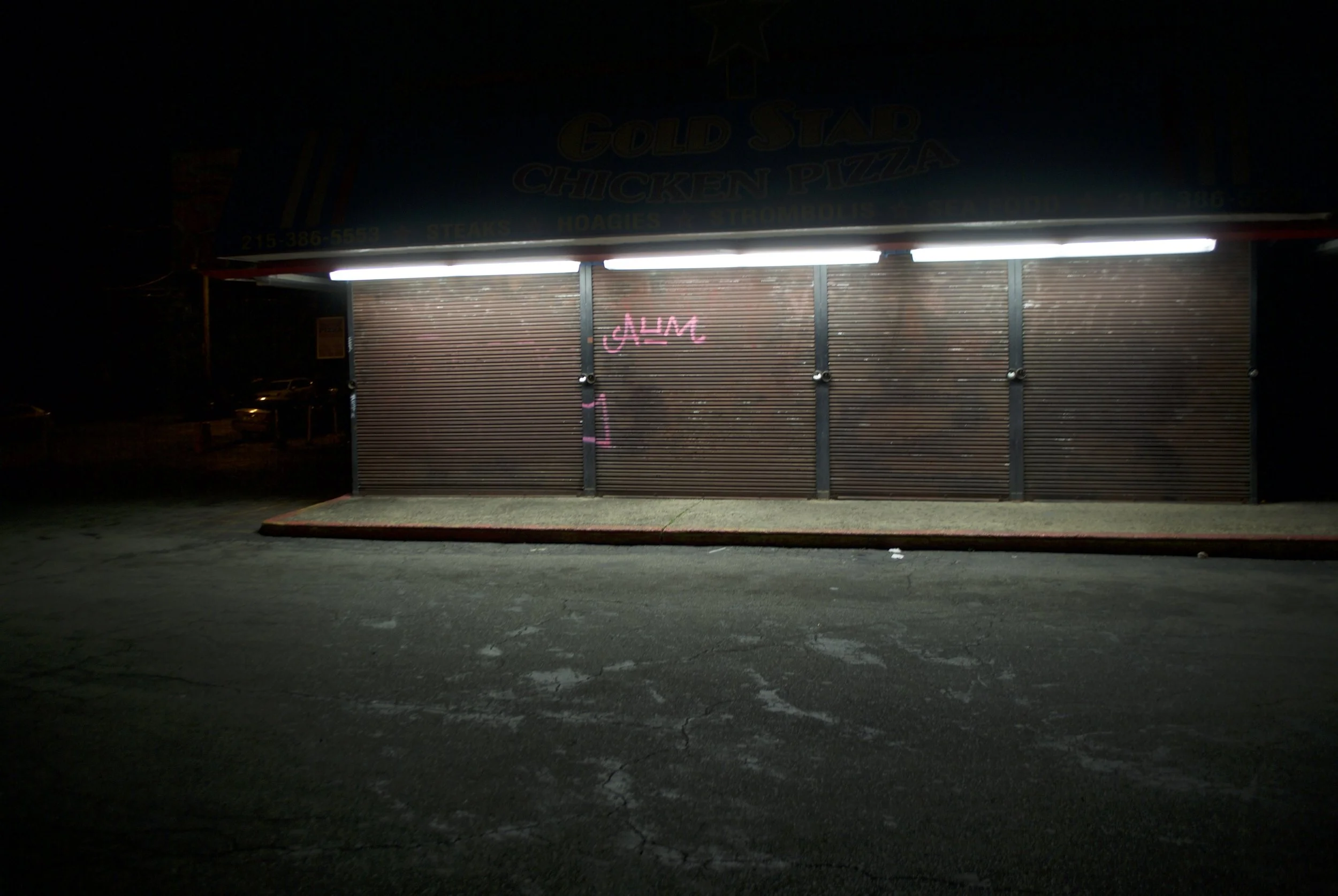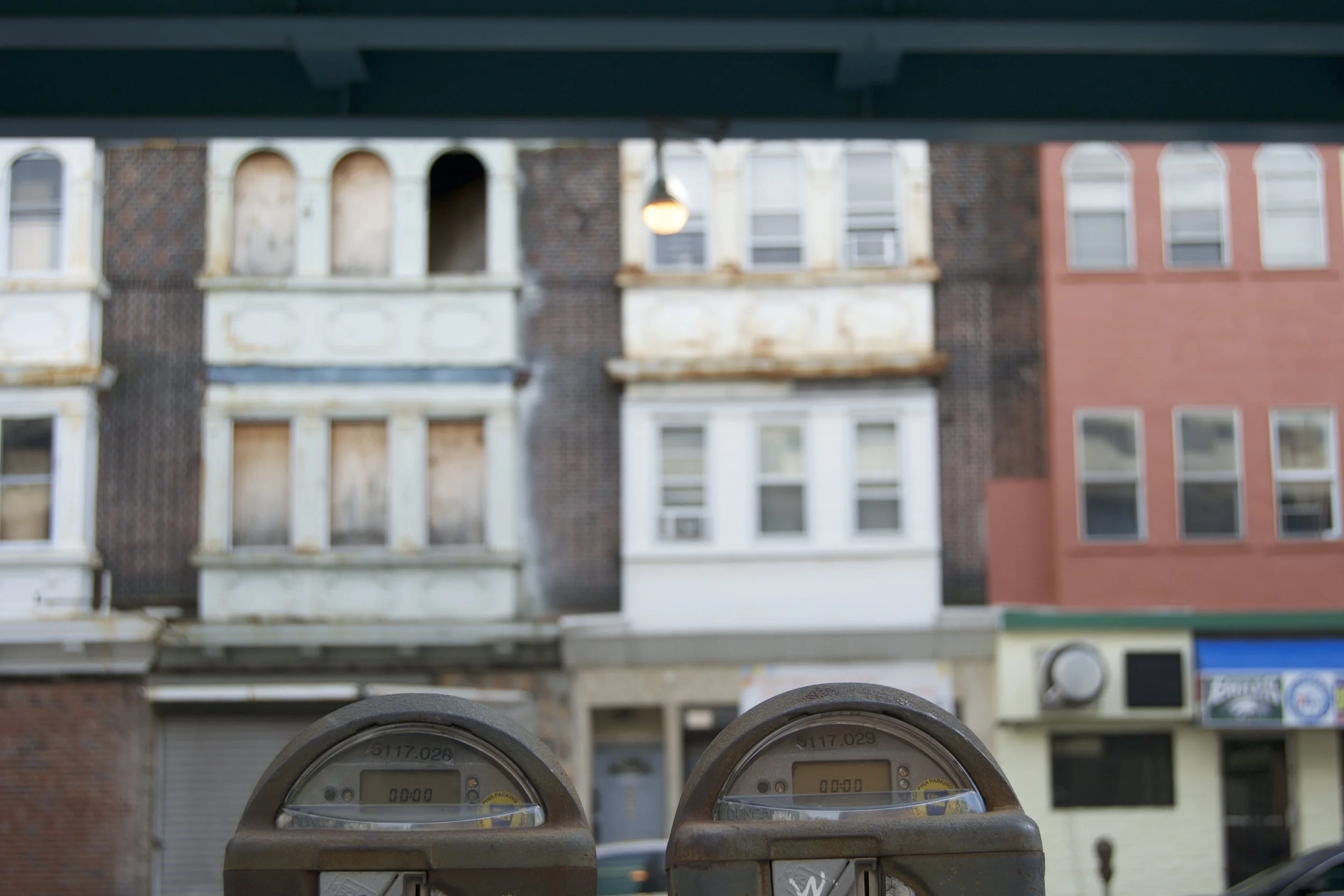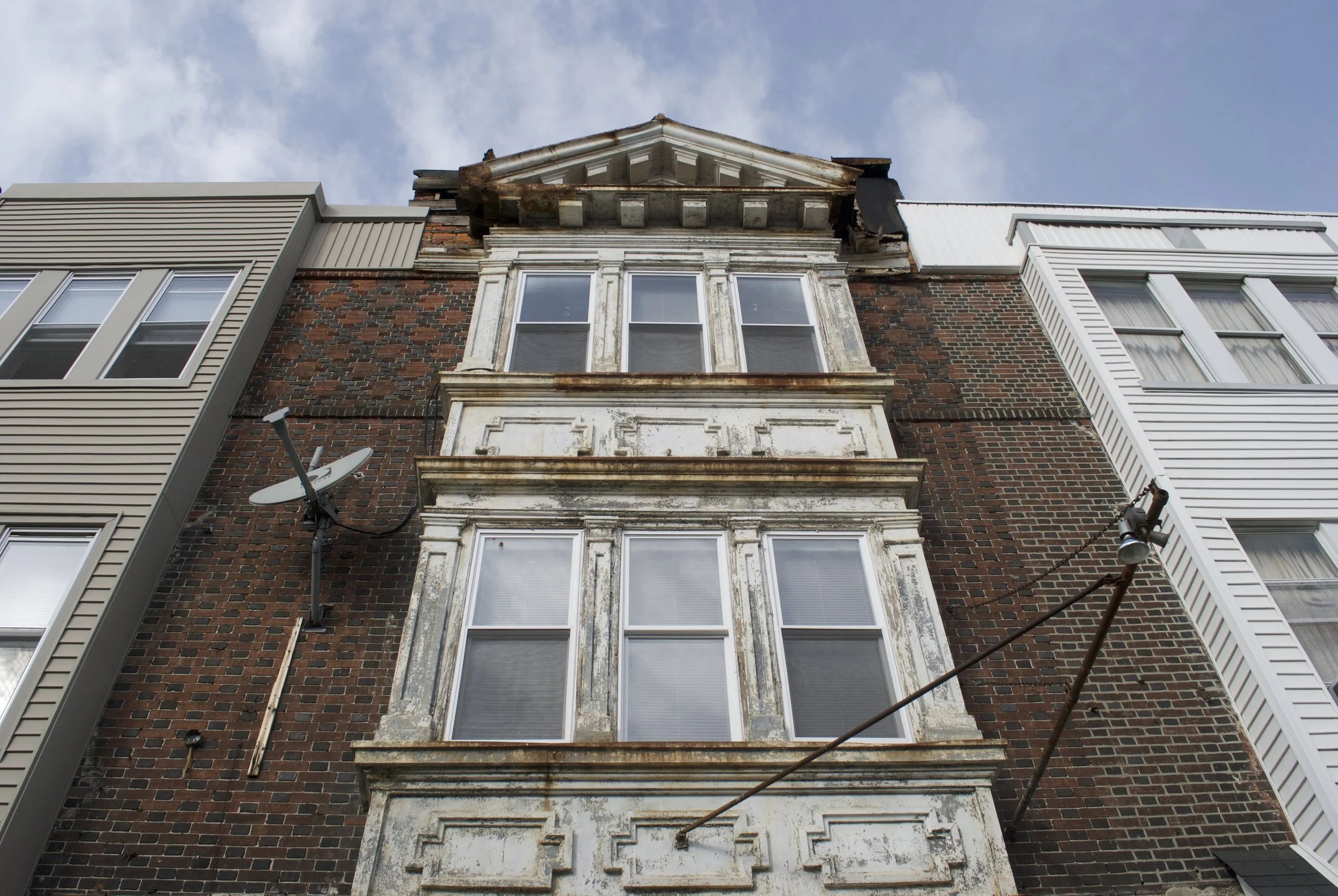






Nichole Davis
“Anything. I’m open for anything,” Nichole Davis says, her voice and posture poised and confident. After serving 11 years in Pennsylvania State Prison for domestic violence, Nichole uses this attitude to connect to others who have been affected, particularly youth who may be in similar situations as she was. Nichole began leading discussions about violence with fellow prisoners , and since her release two years ago, she’s built on her passion for advising and counseling others.
Nichole’s willingness to share her past makes her a role model for youth, including her three younger sisters. She inspires students in Philadelphia schools by sharing her own experiences with domestic violence, incarceration, and growing up. Moving forward, Nichole hopes to organize more support groups for young girls through Philadelphia schools.
The Cycle of Domestic Violence
“I was in a domestic violence situation for a very long time, and unfortunately, throughout the relationship, I stayed, like most young girls do. One of the fights, I ended up stabbing him, and he ended up passing away.
“You don’t just walk into domestic violence; most of us don’t. We become accustomed to it by seeing it. It doesn’t have a color on it … because domestic violence strikes everywhere.
“Growing up seeing my mother and her abusive relationships, of course you say, ‘I’m never going to be like that, I’m never going to have those things in my world.’ You become accustomed to seeing it, so you become accustomed to thinking, ‘well, this’s gotta be the way things are.’ … I’m from the projects, so what we see most of the time is our mothers accepting anything - the drug-dealing boyfriends, the gun-toting guys.
“[Change] starts with parents. You learn all your habits from your parents, and what you see is what you will do … I would say that for most of the women that I’ve talked to. And nobody knows how to break the chain until you are sitting in a room by yourself for a while.”
Gender and Violence
“[In jail], 90% of women experienced violence in their life. Men go to jail … most of the time, because of pride and ego and those things. And women mostly go to jail … off of emotion or off of baggage, so to say … I rarely met women in there that were there because they just felt like committing a crime. It was more so a buildup of a lifestyle … Women, we accept a lot … Guys hold everything in and nothing bothers them, but us women, we carry it around for a lifetime … It’s like a scar that never goes away.
“With domestic violence, it goes both ways because there’s girls beating on guys and guys beating on girls … Guys get hurt exactly how we get hurt in domestic violence situations, or any kind of violence. It is so uncalled for. It is unnecessary, because you can sit down and talk to anybody about anything. Anything. A conversation goes a long way.”
Violence is Violence
“It doesn’t matter if it happens with a gun, knife, or fist. It all feels the same. It all hurts the same. Violence is violence, even if it’s mental … Violence is the new everyday, get up, and put your shoes on. Having a gun on you is like having a purse. Everybody has guns. You have to be worried about the 11 year-old walking down the street now.
“In my world, guns don’t kill people. People kill people. The gun didn’t do it. It’s the image that’s going behind the gun. The ego and the pride.
“If it’s five or ten of us in this room now, and we have the same mindframe to stop it … Just spread [that midframe] … Spread it so it gets spread more. That’s the only cure I can come up with for that.”
Plant the Seed
“At first, I was a loose cannon [in prison]. I didn't listen to anybody … The environment was rough at first, but the older [I got] - because I sat there for a very long time - I got to change … No one wants to be vulnerable there. So you have to be strong enough to be vulnerable. You have to be strong enough for change … I say 25 is when my mind changed. And I sat down and I was willing to listen and to change me, to have a different way of thinking. Instead of being a cause, I wanted to be an effect.
“It started in prison with talking to the women. I got there when I was 21. As I got older, I [saw] a younger crowd coming in. I would go and talk to those individuals when they came in and have little groups and things. When I got out, I hooked up with them, and start going out with them to schools and to the community … When I talk to these kids I have to be real. I have to be me because if I’m not, they can sense it … Anything they could probably throw at me, I’ve probably been through it.
“I like to have discussions because I like to see what a person is thinking. [I talk] with kids that are in detention most of time and trying to figure out why they’re acting up. No one just acts out for no reason. There’s something in the core that is making that person be that way.
“It starts at your age because this is the age where you start falling in love. You think that the first boy you meet is love, or the first relationship you’re in is love. So I try to go out and talk to the young girls and guys … I try to give them a little bit of advice because nobody gave me that. No one that was around me said that this is not okay … Once that little seed gets planted in your ear, things don’t never go away … You may think about [it] years from now.”
- - - - - - - - - - - - - - - - - - - - - - - - - - - - - - - - - - - - - - - -
Interview by Tia Yang| Text by Chelsea Gardner | Portraits by Alexander Atienza | October 2016